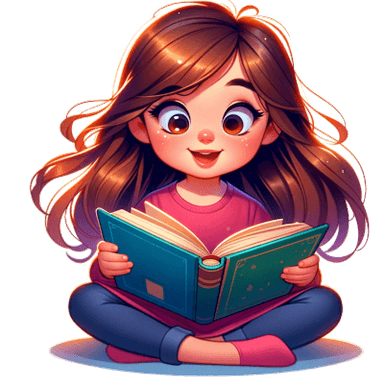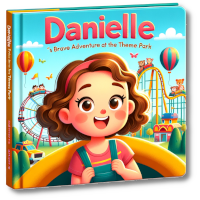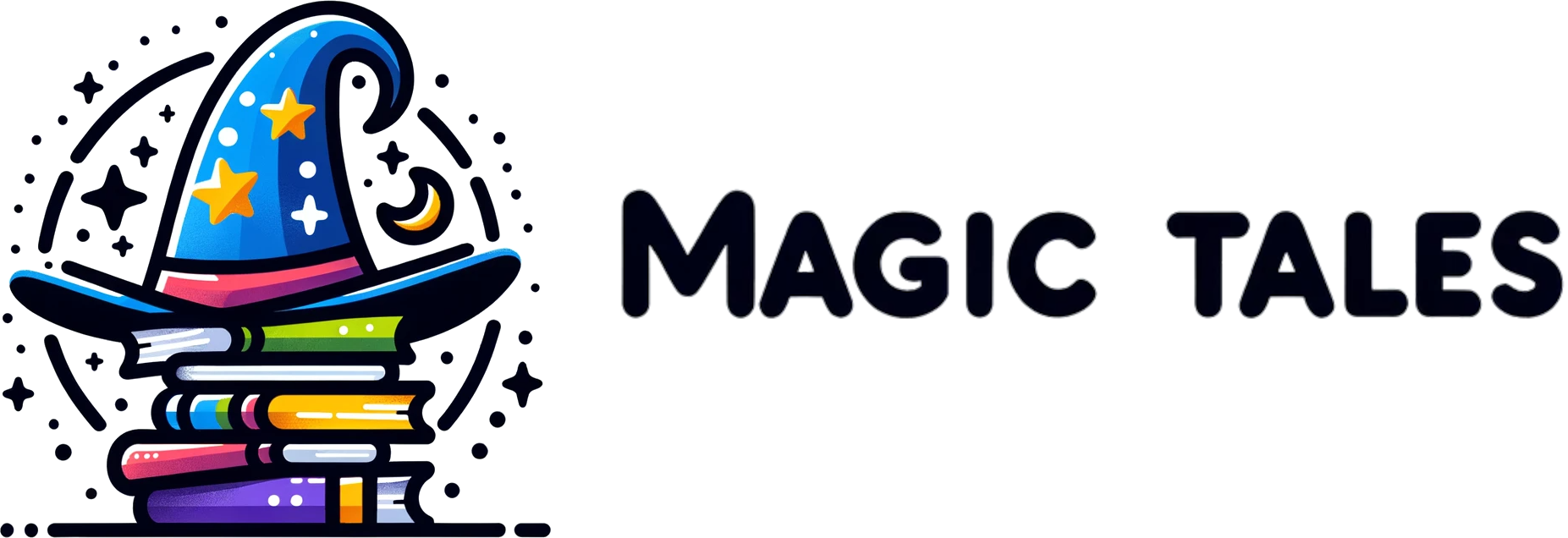Reading with children
a blog by Magic Tales

Why Encountering Disagreements in Children's Books Matters: Nurturing Critical Thinkers
Fostering Resilient, Open-Minded Little Leaders: A Look At Disagreements In Children's Literature
In our quest to raise strong, independent, and perceptive leaders of tomorrow, we often expose children to a myriad of books. Among the realms of magic, adventure, and curiosity in children's stories, there's a critical element that we mustn't overlook: disagreements.
You might wonder, why is reading about disagreements important for a child's development? It doesn't seem as appealing or essential as reading about friendship, love, problem-solving, or perseverance. But let's take a closer look.
Encourages Empathy and Perspective-taking
Disagreements in children's literature portrays varying perspectives, and thus ultimately, helps children understand that there isn't always just one 'correct' viewpoint. This inculcates empathy, teaching them to see the world through the eyes of others and not only through their own lens. Watching characters in books navigate disagreements can be magical to see how varying viewpoints can coexist.
Introduces Conflict Resolution Skills
By reading about characters managing their disagreements, children learn various strategies to handle their own disputes in a respectful, solution-centered way. They start recognizing the importance of listening, negotiation, and compromise in resolving conflicts.
Promotes Real-World Awareness
The real world isn't always about harmony; disagreements and conflicts form a significant part of it. Exposing children to disagreements in their reading subtly prepares them for reality, acclimatizing them to a critical aspect of human interaction they'll inevitably encounter.
Nurtures Critical Thinking
When presented with disagreements in a book, children are prompted to ponder over why the characters have conflicting views. They start analyzing characters' motives, actions, and reactions. These are all stepping stones towards nurturing discerning, critical thinkers.
Acceptance of Difference
Children learning about disagreements leads to a deeper acceptance that differences are natural and inevitable. They come to appreciate that people can hold contrasting views, and yet build successful relationships and cooperate effectively.
Therefore, let's not hesitate to present our children with books highlighting disagreements. Let's look at them as tools that teach children more about empathy, perspective-taking, conflict resolution, critical thinking, and acceptance of differences. Indeed, disagreements in chiildren's literature serve a critical role in shaping future citizens who can appreciate plurality while effectively navigating the complexities of life.
Want a personalized book to read with your child about Disagreements?
Takes as quickly as 30 seconds to create
Create a book about Disagreements

